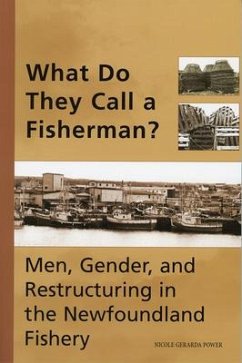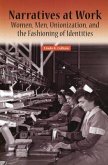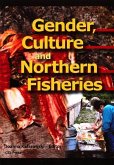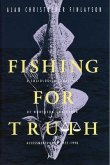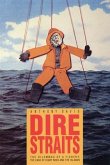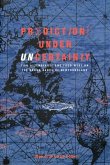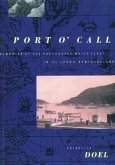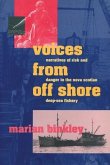Newfoundland fisheries have been transformed from an industry once dominated by petty commodity production and merchant-fisher relations to one dominated by private enterprise and corporate capitalism. State efforts to enclose the fisheries through boat quotas and to limit participation through a core classification system demonstrate a shift in values. Science-based regulation, in which the estimates of fisheries scientists were overly optimistic, led to the collapse of the cod fishery. The recent turn to a fishery based on classical economics, emphasizing professionalization, has left inshore fishers caught between two value systems. The traditional view valorizes hard work and local knowledge about the fishing environment; the modern view embraces technology, rationalization and professionalization. In What Do They Call a Fisherman Nicole Power examines, through a feminist lens, how this tension between two views -- between a way of life and a way to make a living -- and how these changes have affected men (and women) in the Bonavista and Trinity Bays inshore fishery. Has a "crisis of fish" and the loss or diminution of livelihood led to a "crisis of masculinity"? Through extensive interviews with fishers and fish-plant workers, the author discovers that men have responded to restructuring in complex ways that are mediated, enabled and constrained by their class and gender positions, and by maritime cultural values and practices.
Hinweis: Dieser Artikel kann nur an eine deutsche Lieferadresse ausgeliefert werden.
Hinweis: Dieser Artikel kann nur an eine deutsche Lieferadresse ausgeliefert werden.

